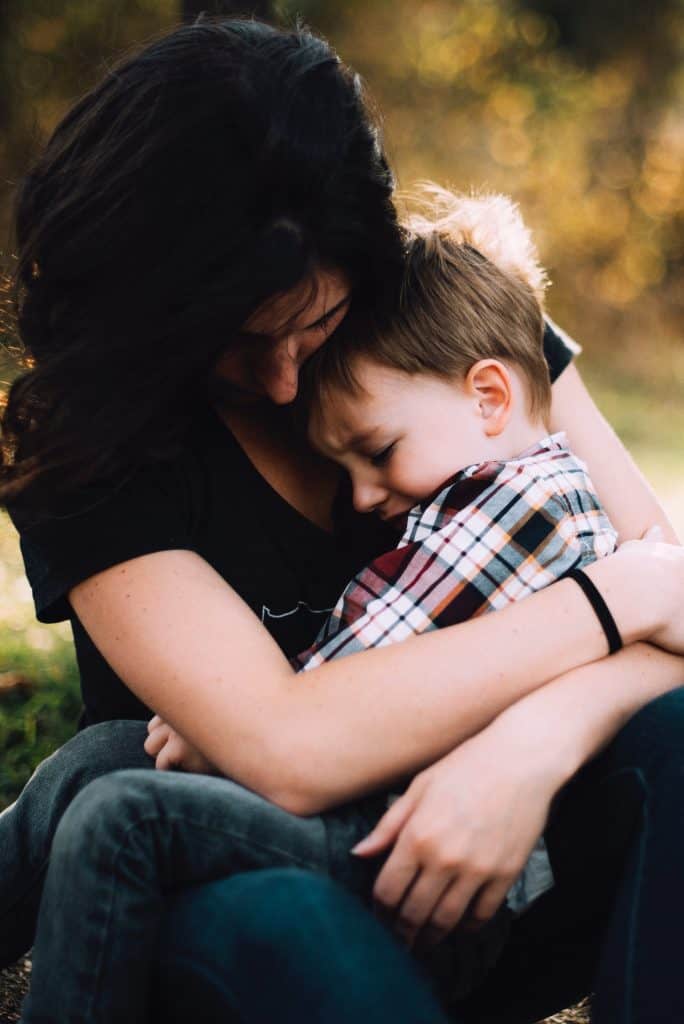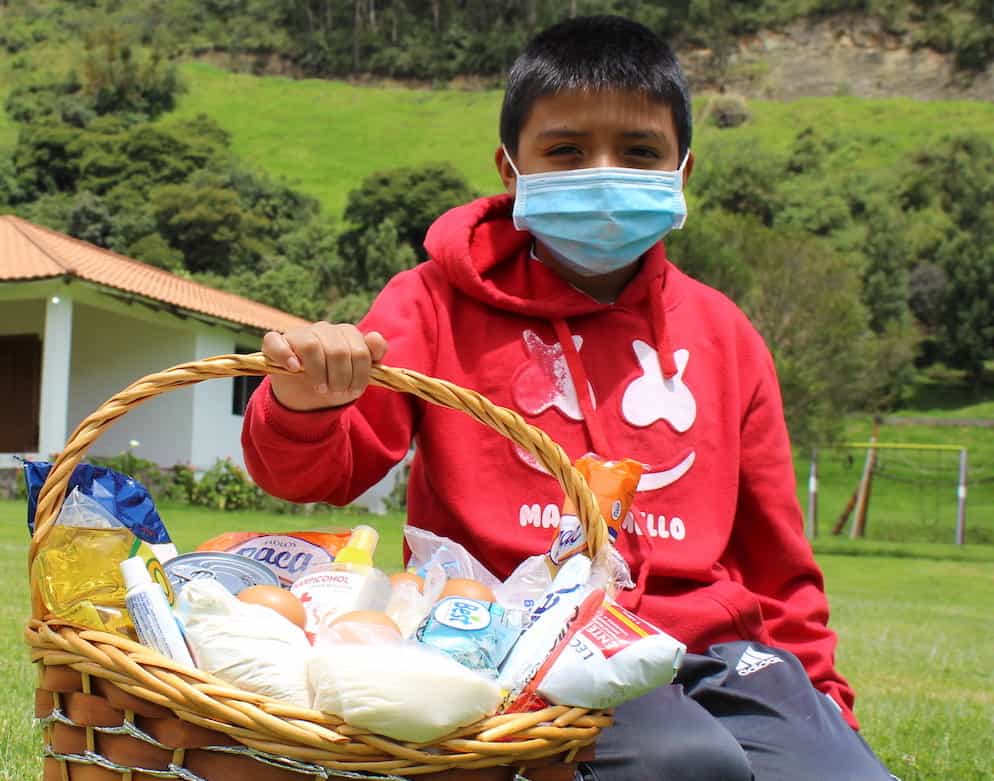Created by Heather Lewis Quagliana, PhD
(Licensed Psychologist with HSP Designation, TN 2898; Professor of Psychology, Lee University)

*My own children have said the following in response to the coronavirus:
“I am not even free in my own world.” – Lucas (age 5; Kindergarten)
“I am worried that I am going to get sick and someone is going to die.” And “I really miss my teacher and friends.”-Izzy (age 8; 3rd grade)
*WE are all in uncharted waters right now and children are not immune to the impact of a world that feels pretty unsafe. Here are some practical suggestions based on my experience as both a childhood trauma expert and a mommy.
1. Focus on FEELINGS
Validate children’s concerns and feelings during this unpredictable time. Children need to feel heard and that the caregivers in their lives understand the disruptions in normalcy and routine that they are feeling. Expect that kids’ behavior may be a little harder to manage as they are adjusting to a new normal.
When children are experiencing big emotions they have a variety of responses including separation anxiety, disruptive behavior, physical symptoms like tummy aches and difficulty sleeping. Click here to find excellent materials and resources for parents and caregivers.
2. Have FUN
Kids’ language is play and art. Just allowing for extra play and expression during this time will significantly help their adjustment. Encourage children to draw how they are feeling, to draw what they miss about school.
Playing with your child is a wonderful relational tool to help minimize their stress. You will be surprised by how it might minimize yours as well. Children take their cues from adults on how to respond to big issues, so modeling calmness in chaos will help your children regulate their emotions.
“Do not forget the importance of spiritual and religious coping to children as these may be common ways they cope with difficult events.”

3. Be FLEXIBLE
Routine is important for kids, so maintain as much normalcy as possible (such as bedtime routines, etc.), but also be flexible. Allow kids to have a choice when possible (they choose a certain activity, etc.). Having some sense of control in an uncontrollable time is important for kids’ sense of safety.
4. Remind Kids that things will not be like this FOREVER
Children do not have a good sense of time. Many children feel that things will be this restrictive forever. Remind them that it might feel like forever, but you will return to school and things will get normal again.
5. Deliver age-appropriate FACTS
Kids are listening carefully to everything we are saying and to what the media is saying. Limit media exposure for kids and be careful about adult conversations in front of young children.
Give children age-appropriate facts about the virus. Using books and social stories are great ways to do this in age-appropriate ways. Here’s a great one you can download for free.
Give children a sense of control by teaching them appropriate handwashing skills, etc. (you can even make it fun!). This is also a great time to age appropriately explain to children why school and other events are canceled is to protect others—this is a beautiful lesson in social responsibility!

*Social Distancing is NOT Social Disengagement
Those of us who work with children are some of the most creative people in the world. Unless it is your own child, think of virtual ways to connect with kids. Think outside the box on how to maintain emotional closeness with the children in your life. Have an online presence.
Call children at home to check-in. Remember that children miss their friends and think of ways to virtually connect with friends, write a letter to a teacher or friend, let them chat on the phone for a few minutes with a friend.
*All of the suggestions above can be utilized by parents and caregivers in the home but can be adapted appropriately for child first responders that may just have emotional contact with a child and not physical contact right now!*

Check more excellent psychological resources in the following sources:
- Social support while practicing social distancing.
- Social Media’s impact on the understanding of the virus.
- Just a few more great resources can be found here.
If you have questions, please feel free to contact me at hquagliana@leeuniversity.edu

